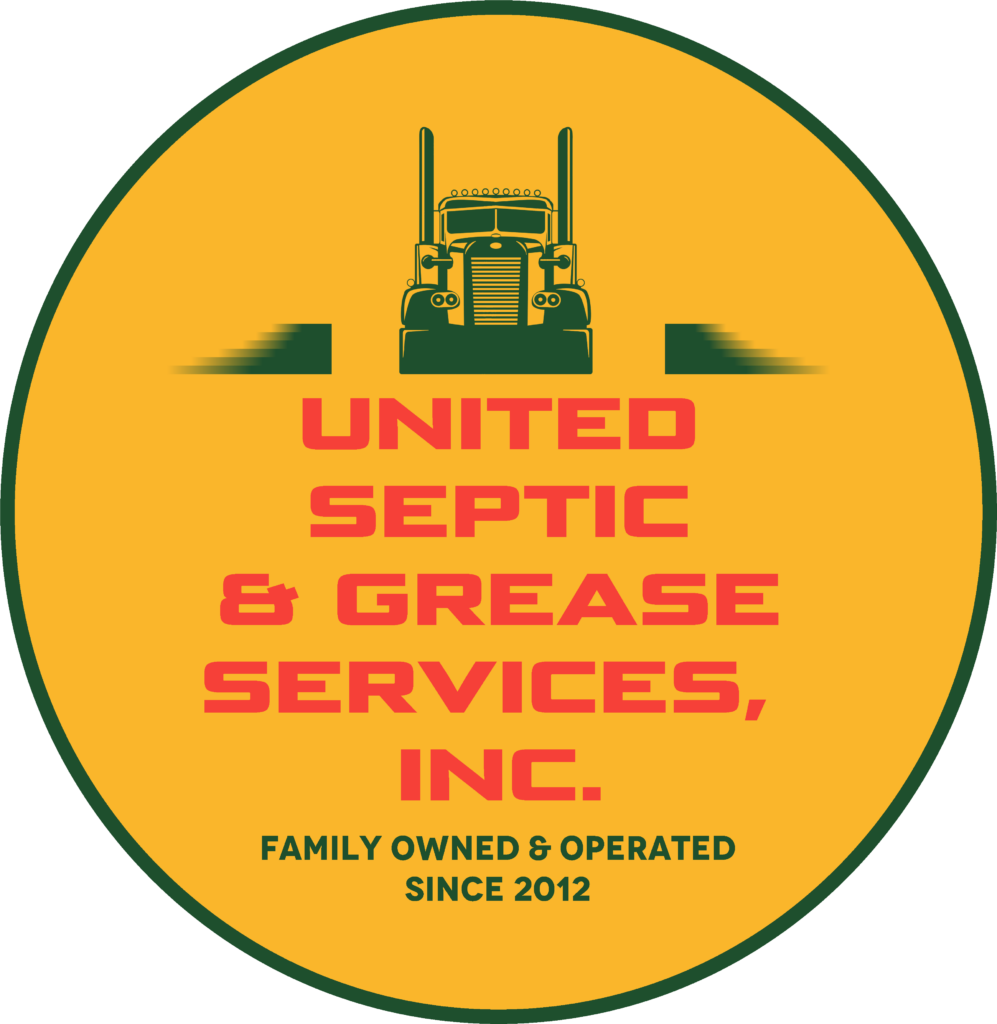Septic Systems vs. City Sewer
Home > Blog > Professional Septic Services Septic Systems vs. City Sewer
Septic Systems vs. City Sewer
When it comes to handling wastewater, homeowners and property developers have two primary choices: septic systems or city sewer connections. While city sewer systems are more prevalent in urban areas, septic systems are typically found in rural locations. A frequent question that arises is whether septic systems are costlier than city sewer connections. This article will delve into the costs and benefits of each option, helping you decide which one is more economical for your needs.
Comparing Benefits and Drawbacks
Managing wastewater is a vital aspect for any property owner or developer. The two main options available are septic systems and city sewer connections. Both have their own set of advantages and disadvantages, with cost being a major factor in the decision-making process.
In this article, we will provide an overview of both septic systems and city sewer connections, explore the associated costs, and help you decide which option is more cost-effective in the long term.
What Are Septic Systems?
Septic systems are independent wastewater treatment setups installed on the property. They consist of a septic tank, a distribution box, and a drain field. The septic tank processes wastewater from the property, and the distribution box directs the treated water to the drain field, where it is absorbed into the soil.
Septic systems are common in rural areas where city sewer connections are unavailable. They are also favored by homeowners who desire greater self-sufficiency and less reliance on public utilities.
What Are City Sewer Connections?
City sewer connections link a property to the municipal sewer network. Wastewater from the property is transported through pipes to a treatment facility, where it undergoes treatment before being discharged into a nearby body of water.
City sewer systems are more common in urban environments due to their practicality and cost-effectiveness. In some regions, connecting to the city sewer is mandatory due to environmental regulations.
Expense of Installing a Septic System
The cost of installing a septic system depends on various factors, including property size, the number of bedrooms, and soil type. On average, installation costs range from $15,000 to $40,000.
Costs can vary greatly based on location and installation complexity. Additional expenses may include permits, inspections, and other related fees. Soil type and groundwater elevation significantly affect costs, with areas having clay or muck soil requiring more extensive preparation.
Expense of Connecting to City Sewer
Connecting to the city sewer involves excavation work to install the necessary pipes and fittings. Costs can range from $5,000 to $10,000, depending on the distance to the nearest sewer line.
Homeowners may also incur additional fees for connection permits, inspections, and other expenses. The total cost can vary based on the distance between the home and the city sewer connection.
Maintenance and Repair Costs
Maintaining a septic system involves periodic pumping, inspections, and repairs. Pumping costs range from $400 to $1,000, depending on tank size and condition. Repairs due to tree roots or other damage can cost between $500 and $8,000.
City sewer systems generally have lower maintenance and repair costs since the municipality is responsible for system upkeep. Homeowners do not typically bear the cost of regular maintenance or repairs.
Environmental Considerations
Septic systems can contaminate groundwater if not properly maintained, posing health risks to humans and wildlife. City sewer systems treat wastewater before discharge, though failing treatment facilities can still pollute water sources.
While septic systems place responsibility on the homeowner, city systems are managed by the municipality. Each has its own environmental impact, with city systems generally considered more environmentally friendly.
Long-Term Cost Comparison
Initial installation of septic systems can be more expensive, but they save money monthly as there are no sewer fees. City sewer connections may have lower upfront costs but include ongoing monthly charges for sewer services.
Over time, the cumulative cost of city sewer fees often surpasses the maintenance costs of a septic system, making septic systems potentially more economical in the long run.
Factors Influencing Costs
Several factors affect the costs of both systems, including property size, number of bedrooms, soil type, and location. Additional costs for permits, inspections, and related fees also play a role.
Homeowners should evaluate these factors to determine the most suitable and cost-effective option for their situation.
Determining the Most Cost-Effective Option
Choosing the most cost-effective option depends on specific property circumstances. City sewer connections are generally more economical in urban areas due to availability and lower maintenance. In rural areas, septic systems might be more viable and cost-effective.
Advantages and Disadvantages of Septic Systems
Advantages:
- More cost-effective in rural areas
- Provides self-sufficiency
- Can be environmentally friendly with proper maintenance
Disadvantages:
- Requires regular maintenance and repairs
- Potential for groundwater contamination if not maintained
- Higher initial installation cost in some cases
Advantages and Disadvantages of City Sewer Connections
Advantages:
- Lower maintenance and repair costs
- Generally environmentally friendly
- May increase property value
Disadvantages:
- Higher long-term costs due to monthly fees
- Potential additional fees and permits
Common Questions
How often should a septic tank be pumped? Septic tanks should be pumped every 2-3 years, depending on usage.
What signs indicate septic system repairs are needed? Slow draining sinks and toilets, sewage backups, and foul odors are common indicators. If these signs appear, a professional inspection is recommended.
Can any type of soil support a septic system? No, soil type affects septic system effectiveness. High clay content may not be suitable, while sandy soils are preferred.
Is it possible to switch from a septic system to city sewer? Yes, but costs and feasibility depend on property location and distance to the sewer line. Contact local authorities for more information.
What is the cost of connecting to city sewer? Costs vary widely, primarily based on distance from the property to the sewer connection. Homeowners should obtain estimates from local authorities.
What is the difference between a septic tank and a sewage tank?
A septic tank is a sewage tank that has a specific function, to treat sewage and other wastewater with anaerobic bacteria before the next step which uses aerobic bacteria. A sewage tank can refer to any vessel used to hold or treat sewage.
Aerobic bacteria breathe air and consume organic matter like sewage producing mostly water and carbon dioxide. Anaerobic bacteria do not need oxygen and produce more odorous gases we associate with rotting wastes like methane and hydrogen sulfide

Conclusion
In conclusion, both septic systems and city sewer connections have their own costs and benefits. Septic systems may have higher initial costs but lower long-term expenses, especially in rural areas. City sewer connections are typically more convenient in urban settings but come with ongoing fees. Careful consideration of property specifics and long-term costs will help determine the best option for managing wastewater.
For any assistance required regarding Septic systems Service, feel free to reach out to our specialized team at United SEptic & Grease Services.
IF YOU ARE LOOKING FOR MIAMI-DADE AND BROWARD COUNTY COMMERCIAL SEPTIC SERVICES
THEN PLEASE CALL 305-878-1885 / 954-778-0477 OR COMPLETE OUR ONLINE REQUEST FORM

Autor / Editor : Jonathan Moreno
Jonathan Moreno is a South Florida Digital Marketing expert with over 12 years of experience with passion for creating hight value content to educate and bring value to visitors.
Related Posts
Most Common Septic System Emergencies
United Septic and Grease: This post will discuss the most frequent septic system emergencies, the...
Read MoreExpert Tips for Choosing the Best Grease Trap Cleaning Service
If you own a restaurant, professional grease trap cleaning services will make your kitchen work...
Read MoreDIY vs. Professional Septic Clean Outs
United Septic and Grease: Frequent septic clean out guarantees that your system runs efficiently and...
Read More